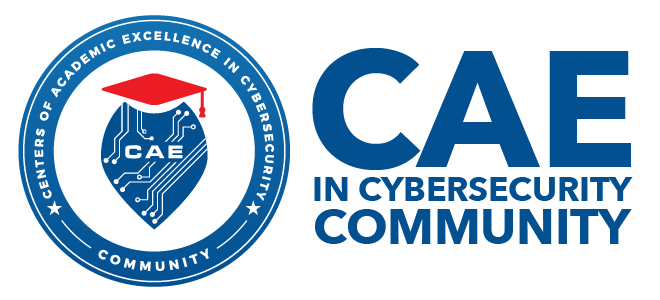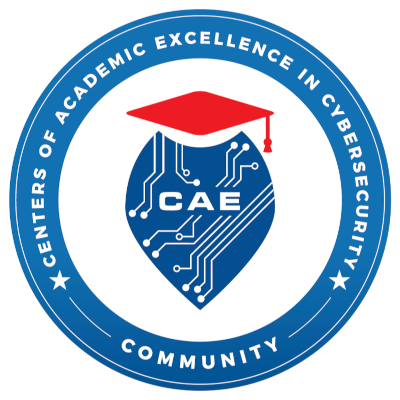Ransomware Incident Preparations with Ethical Considerations and Command System Framework Proposal
Concerns with cyber-attacks in the form of ransomware are on the mind of many executives and leadership staff in all industries. Inaction is not an option, and approaching the topic with real, honest, and hard discussions will be valuable ahead of such a possible devastating experience. This research note aims to bring thoughtfulness to the topics of ethics in the role of cybersecurity when dealing with ransomware events.

